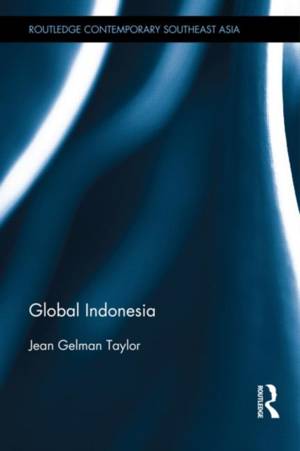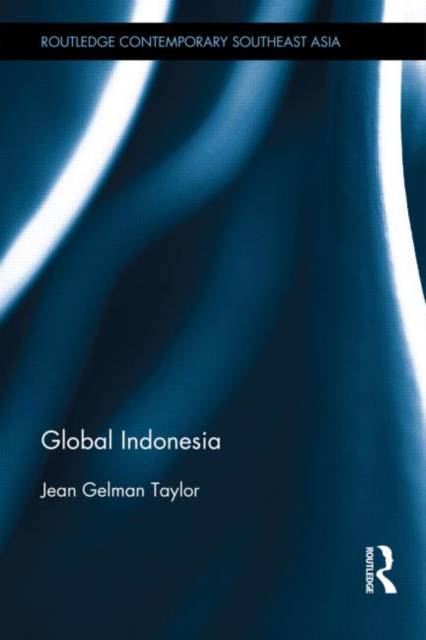
- Retrait gratuit dans votre magasin Club
- 7.000.000 titres dans notre catalogue
- Payer en toute sécurité
- Toujours un magasin près de chez vous
- Retrait gratuit dans votre magasin Club
- 7.000.000 titres dans notre catalogue
- Payer en toute sécurité
- Toujours un magasin près de chez vous
Description
In the 19th century, colonial rule brought the modern world closer to the Indonesian peoples, introducing mechanized transport, all-weather roads, postal and telegraph communications, and steamship networks that linked Indonesia's islands to each other, to Europe and the Middle East. This book looks at Indonesia's global importance, and traces the entwining of its peoples and economies with the wider world.
The book discusses how products unique to Indonesia first slipped into regional trade networks and exposed scattered communities to the dynamic influence of far-off civilizations. It focuses on economic and cultural changes that resulted in the emergence of political units organized as oligarchies or monarchies, and goes on to look in detail at Indonesia's relationship with Holland's East Indies Company.
The book analyses the attempts by politicians to negotiate ways of being modern but uniquely Indonesian, and considers the oscillations in Indonesia between movements for theocracy and democracy. It is a useful contribution for students and scholars of World History and Southeast Asian Studies.
Spécifications
Parties prenantes
- Auteur(s) :
- Editeur:
Contenu
- Nombre de pages :
- 226
- Langue:
- Anglais
- Collection :
Caractéristiques
- EAN:
- 9780415953061
- Date de parution :
- 22-10-12
- Format:
- Livre relié
- Format numérique:
- Genaaid
- Dimensions :
- 156 mm x 234 mm
- Poids :
- 512 g







